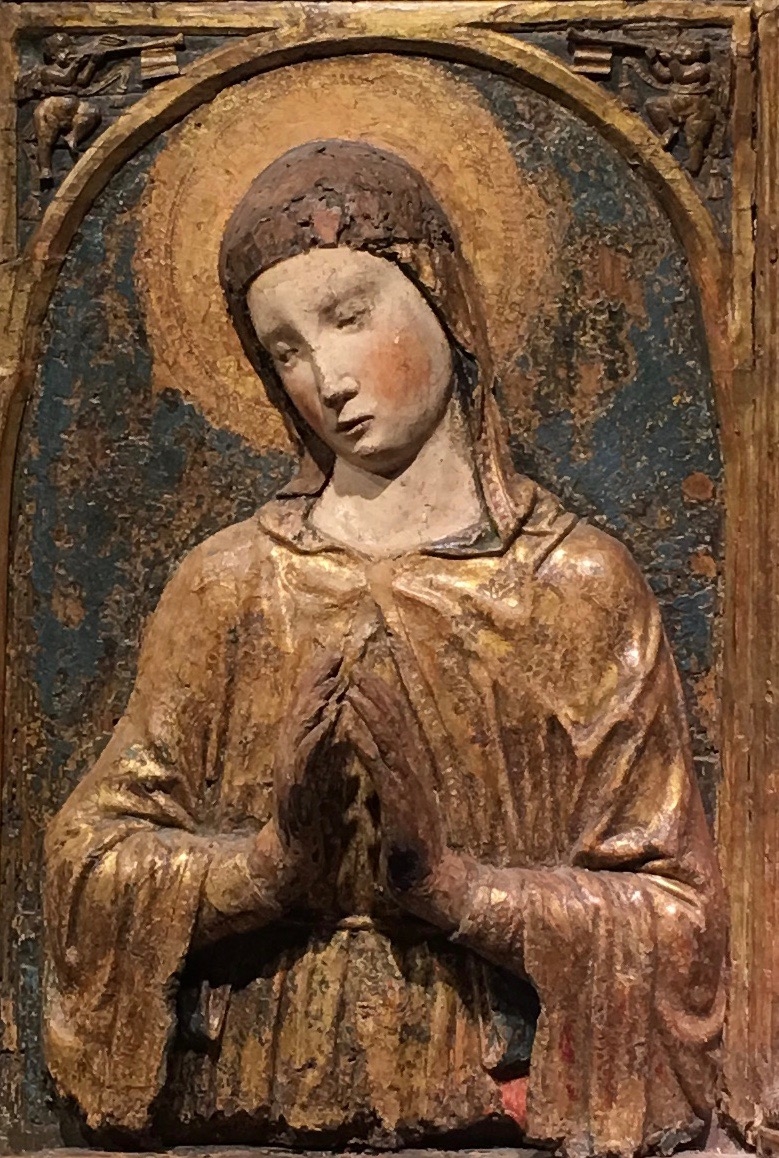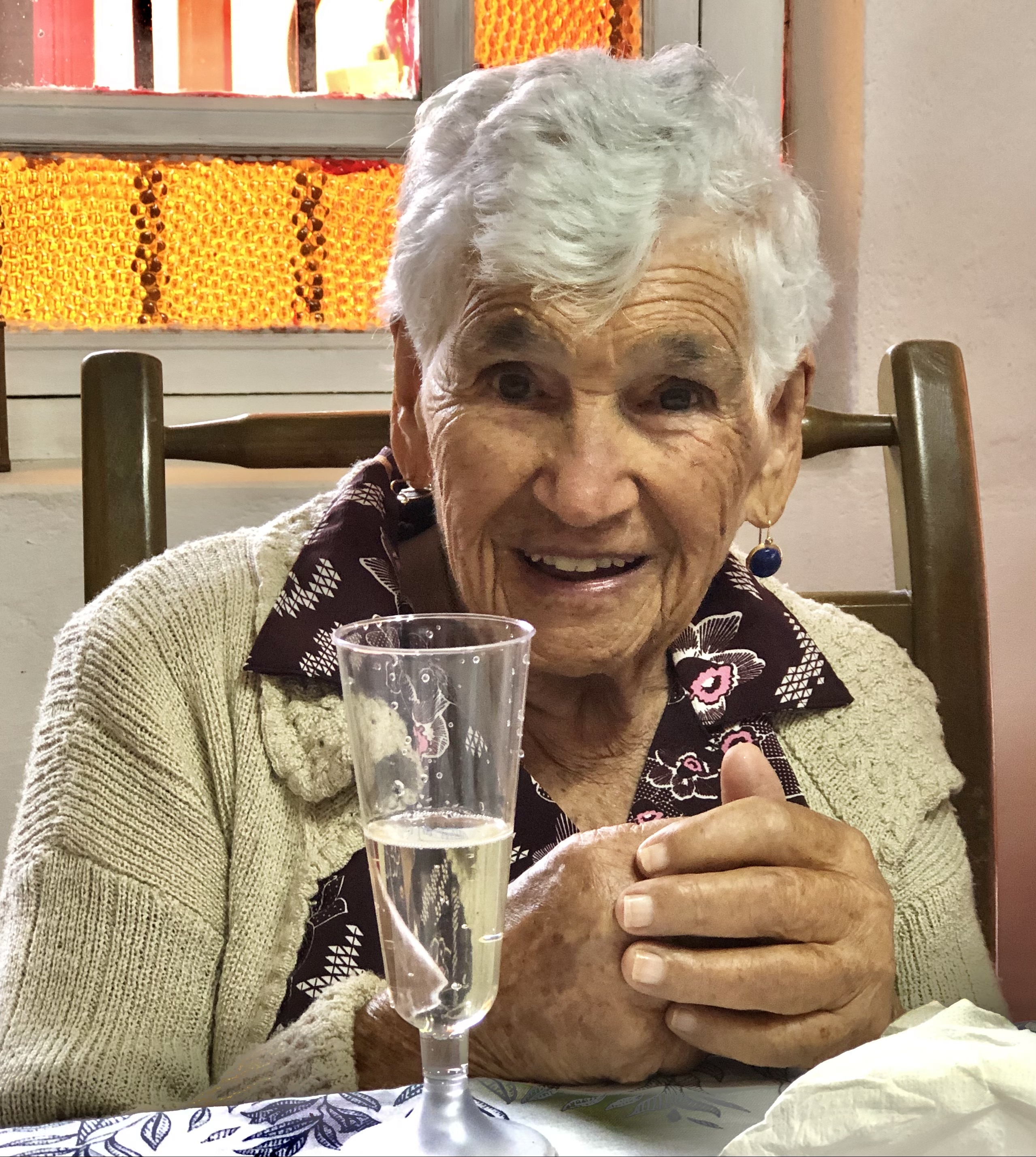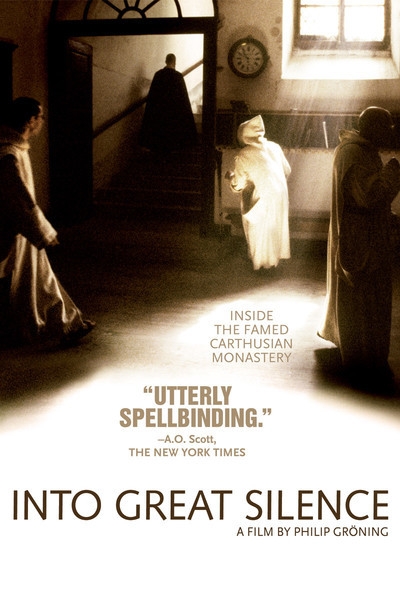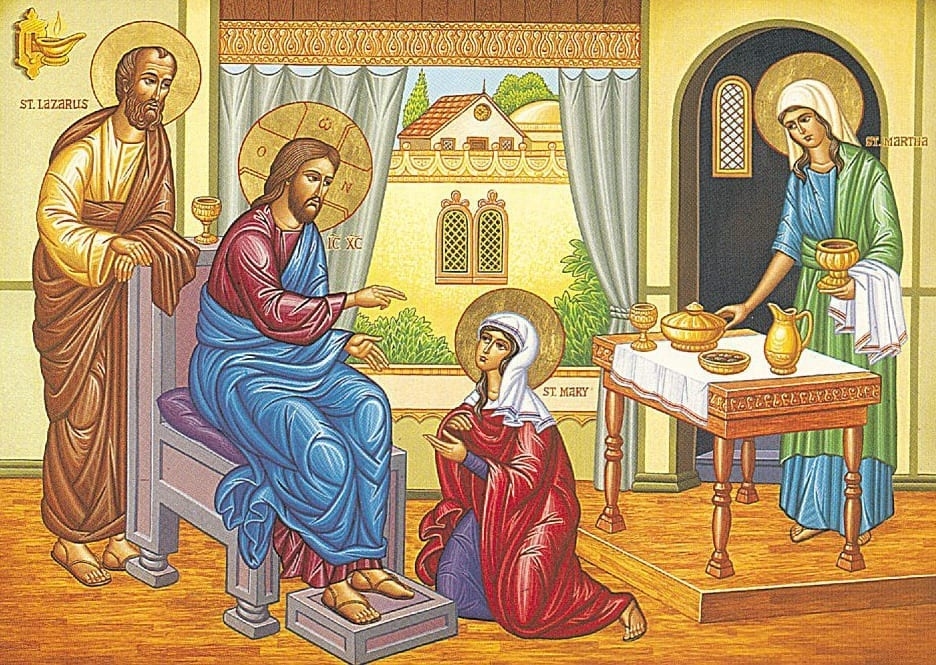These reflections are a result of more than 40 years of ministry as a Roman Catholic priest. Most of these years I spent in the Diocese of Charlotte which covers Western North Carolina. Now I am retired, and live in Medellín, Colombia where I continue to serve as a priest in the Archdiocese of Medellín.

While Jesus was speaking,
a woman from the crowd called out and said to him,
“Blessed is the womb that carried you
and the breasts at which you nursed.”
He replied, “Rather, blessed are those
who hear the word of God and observe it.” (Lk 11:27-28)
Hearing the word of God and putting it into practice is what faith is all about. It is ancient custom in the church to dedicate Saturday to the Virgin Mary who “treasured up all these things and reflected on them in her heart” (Lk 2:19) and teaches us to do the same.

For the day of the LORD is coming;
Yes, it is near, a day of darkness and of gloom,
a day of clouds and somberness! (Joel 1:13-15;2:1-2)
The Day of the Lord in the prophet Joel is terrifying. But as today’s psalm reminds us: The Lord will judge the world with justice (Psalm 9:2-3,6;16:8-9). Perhaps, the old Corporal Works of Mercy might come in handy on the Day of the Lord: to feed the hungry, to give water to the thirsty, to clothe the naked, to shelter the homeless, to visit the sick, to visit the imprisoned, to bury the dead. As the Profession of Faith reminds us, there will be a final exam . . . “He will come again in glory to judge the living and the dead and his kingdom will have no end.”

Jesus said to his disciples: “Ask and you will receive;
seek and you will find;
knock and the door will be opened to you.
For everyone who asks, receives;
and the one who seeks, finds;
and to the one who knocks, the door will be opened.” (Lk 11:5-13)
The reason we can ask, the reason we can seek, the reason we can knock at the door, is that Jesus has taught how to pray: “When you pray, say, Father, hallowed be your name.” Yesterday, I celebrated a special Mass in the home of Margarita Ochoa Ochoa who was celebrating her 100th birthday. In the middle of the party following the Mass, she turned on the television so that she and her baby sister could pray the Divine Mercy Chaplet. It was a wonderful bit of spiritual wisdom from a 100 year-old youngster.

Jesus was praying in a certain place, and when he had finished, one of his disciples said to him, “Lord, teach us to pray just as John taught his disciples.” He said to them, “When you pray, say: Father, hallowed be your name, your Kingdom come. Give us each day our daily bread and forgive us our sins for we ourselves forgive everyone in debt to us, and do not subject us to the final test.” (Lk 11:1-4)
Luke’s version of the Lord’s prayer is the stripped down model, neat and clean, and to the point, a lot like the saint for today. We remember today Saint Bruno who was the founder of the semi-eremitical order, the Carthusians. There is a film about Carthusian life entitled Into Great Silence. Nothing much happens in this film of almost three hours—except the encounter with God through great silence.

Jesus entered a village
where a woman whose name was Martha welcomed him.
She had a sister named Mary
who sat beside the Lord at his feet listening to him speak. (Lk 10:28-32)
Even though the Synoptic gospels (Matthew, Mark and Luke) won’t even mention the name of the village (Bethany), nor anything about Lazarus, the brother of Martha and Mary whom Jesus raised from the dead, it is precisely in this home and with these friends where Jesus was most at home. And the community that gathered around Martha, Mary and Lazarus, has given us the Fourth Gospel, the one we call “according to John,” to preserve their memory.



